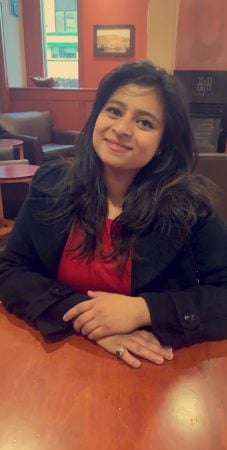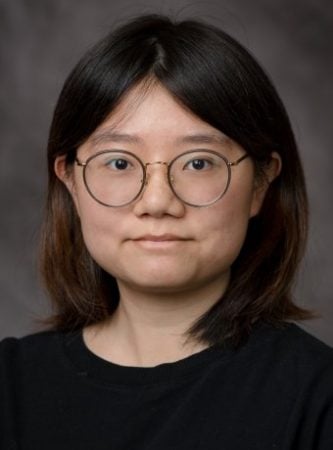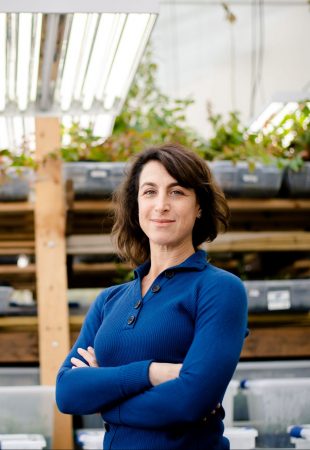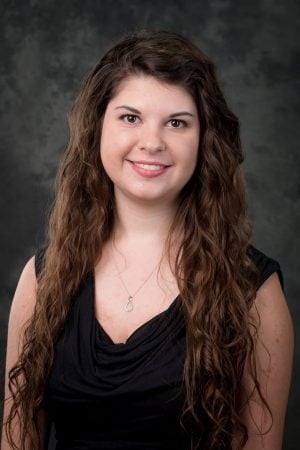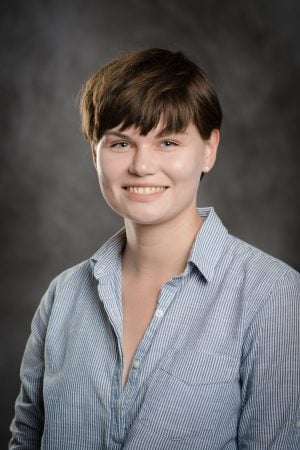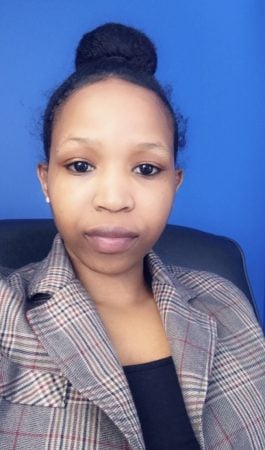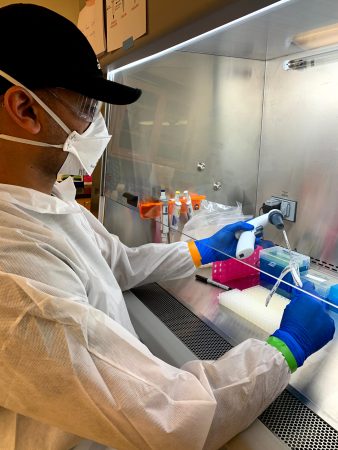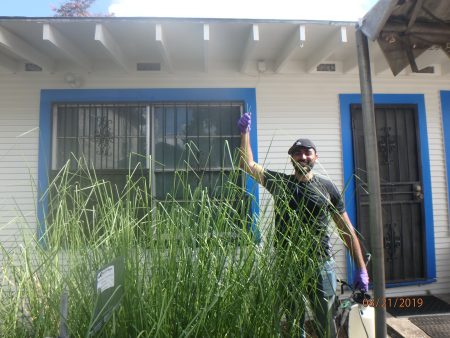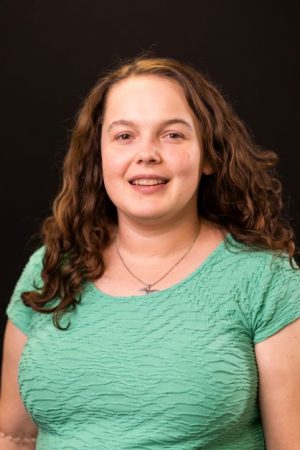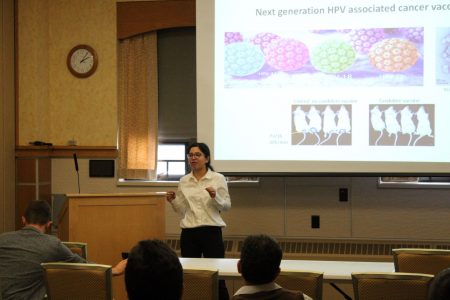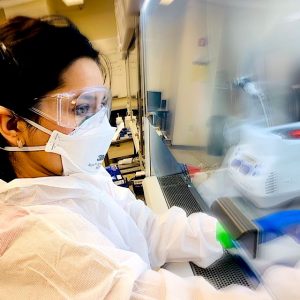Vaishali Sharma, a Biological Sciences Ph.D. student, and Xinqian Chen, a previous MTU Biological Sciences graduate and now Integrative Physiology Ph.D. student, have received this year’s Songer Research Award for Human Health.
Vaishali Sharma is currently working under Dr. Stephen Techtmann (BioSci) and Dr. Caryn Heldt (ChE/HRI) on a project titled “Antiviral efficacy of amino acid-based surfactants: A proposal for advancing human health by breaking the chain of viral infection.” Xinqian Chen graduated with a M.S. in Biological Sciences, and is now working under Dr. Zhiying Shan of Kinesiology and Integrative Physiology on a project titled “Exploring the role of brain-derived extracellular vesicles in salt-sensitive hypertension.”
To read more about Sharma, Chen, and their research, visit the College of Sciences and Arts Newsblog.
About the Biological Sciences Department
Biological scientists at Michigan Technological University help students apply academic concepts to real-world issues: improving healthcare, conserving biodiversity, advancing agriculture, and unlocking the secrets of evolution and genetics. The Biological Sciences Department offers seven undergraduate degrees and three graduate degrees. Supercharge your biology skills to meet the demands of a technology-driven society at a flagship public research university powered by science, technology, engineering, and math. Graduate with the theoretical knowledge and practical experience needed to solve real-world problems and succeed in academia, research, and tomorrow’s high-tech business landscape.
Questions? Contact us at biology@mtu.edu. Follow us on Facebook and Instagram for the latest happenings.
